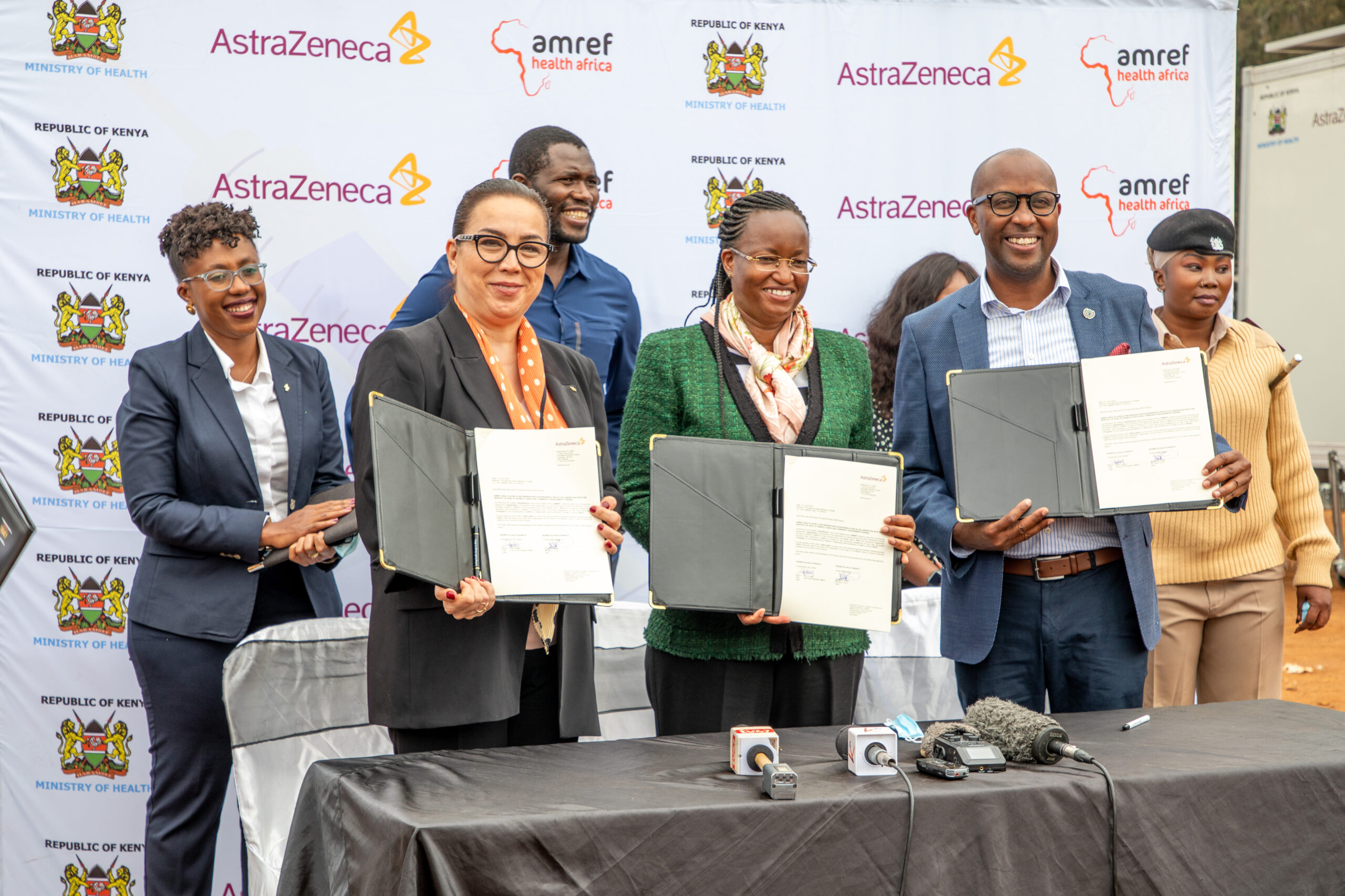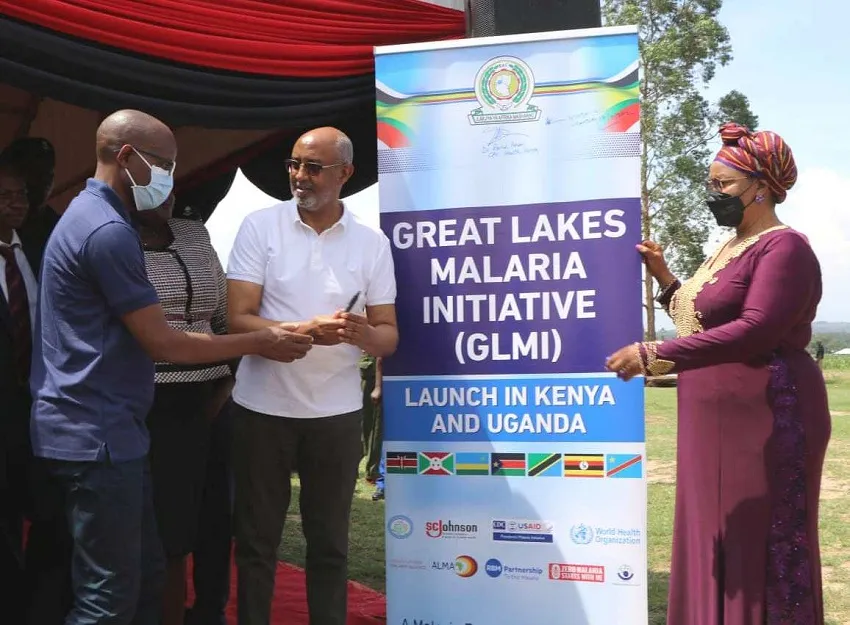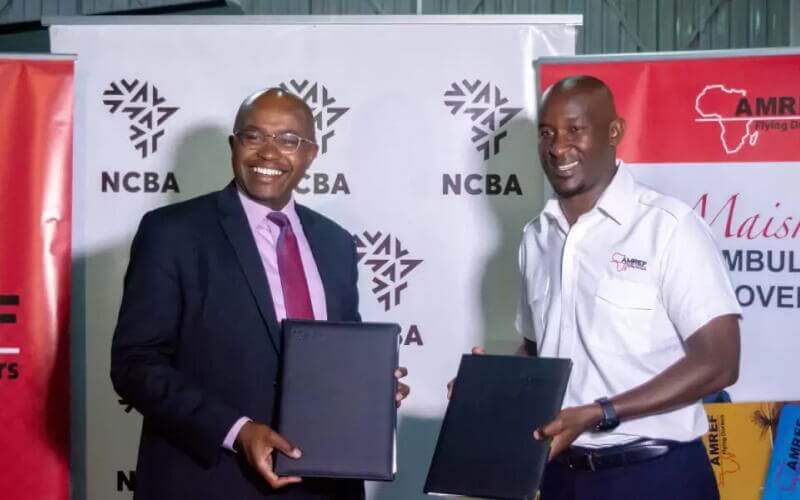Amina’s Story
Monday, 10 April, 2017


Amina Saidi is a 37 year old mother of five, residing in Mkamba ward of Mkuranga District, an hour’s drive southeast of Dar es Salaam. Mkuranga is one of the poorest districts in southern Tanzania.
Amina’s life is one of poverty which is evident in the structure of her house. The two room house constructed from wood and earth has the roof of the section that serves as the kitchen partially thatched in grass with most of it left open, exposing her and her children to the elements of rain and the scorching sun. The adjoining ‘room’ serves as the bedroom for the family of seven with a single makeshift bed.
Majority of the residents of this area are Muslim and largely rely on farming as a source of food and income. Amina is no exception; she has a garden right next to her house in which she plants cassava, cashew nuts and maize that she uses to feed her family. She also makes cooking pots which she sells at the nearby market providing a minimal source of income for her family. The family also has three chickens running around the compound that are a valuable source of eggs. She fetches water for her family at a nearby borehole provided by Amref Health Africa as part of the Mkuranga Water and Sanitation Project.
As she pounds dried cassava to make flour for the family’s evening meal with the help of her nine year old daughter Khadija Athumani, Amina talks about her family.
My husband and I have lost two children, one at 6 months in 1996 and the other at four years in late October this year. One died in his sleep with no prior illness or complications and the other just fell ill one day and died the next.
A matter of life and death
In 2002, several villages in this district got together to approach Amref Health Africa to address the problem of high numbers of pregnant mothers dying at childbirth. One of the issues which arose was the lack of transport available for expectant mothers when they went into labour. Also, attending the health facilities when delivering was difficult as there was no place to stay overnight.
In response, Amref Health Africa through the Mkuranga Reproductive Health Project constructed maternity homes at seven health facilities to increase the utilisation of the services during pregnancy and at childbirth, as well as increase the number of women delivering with the assistance of trained attendants. The local communities contributed by provided all the bricks and sand for the facilities. The maternity home at Mkamba dispensary where Amina delivered her son Rashid is one such facility.
Amina is fortunate enough to live near the health centre as it is just a 15 minute walk from her home. Others are not as lucky and have to travel long distances with no formal means of transportation and poor road networks to access these facilities. The district has grown in size and now has more sub divisions. Many of the villages don’t have any health facilities or trained community owned resource persons (CORPs) to educate the community members on health matters.
“I am HIV positive. I discovered when I got tested during a routine ante-natal clinic check up when I was expecting my last child Rashid, almost two years ago,” she says. At the dispensary, she received reproductive health services, information on family planning and anti-Malaria medication to protect her and her unborn child from malaria which is rampant in the village. She delivered her baby boy safely at the health centre.
“Rashid recently got tested for HIV, I am praying to God as I await the results,” she says anxiously.
Long journey to protect your baby
Despite the availability of basic reproductive health services at these village health facilities, services like prevention of mother to child transmission and anti-retroviral therapy are still not available. To access these, mothers like Amina have to cover long distances to the District hospital where they are available.
“I was shocked about my HIV status as I had not felt unwell,” she says.
Amina was referred to Mkuranga District hospital, a little over 70kms away, where she receives her anti-retroviral therapy (ART) treatment and information on nutrition and diet to date.
Amina has not suffered from any major health problems other than a chronic headache that normally goes away with medication. To date, she still has not disclosed her HIV status to other family members other than a close relative who lives in the city – she was comfortable enough to tell him of her status as he lives far away. She is still afraid of being stigmatised by her family that lives nearby and is also concerned about what her neighbours would say if they found out.
Changing Plans
Before Amina learnt of her health status, she had plans to move away from Mkamba with her family to seek a better life elsewhere but upon discovering she is HIV positive, she has decided to stay on.
“But I am hopeful that I can live a long, full life with the ART treatment and advice I receive on my diet,” she says with a smile. “I plan to adhere to the treatment as I hope to see all my children grow up and mature. I do not see myself as any different from other people who are HIV negative,” she adds stoically.
Her advice to other mothers and community members in general is to get tested and know their status as this may save their lives and the lives of their children as well.
Amref Health Africa teams up with African communities to create lasting health change.







